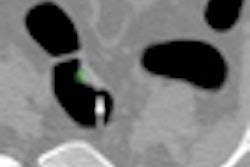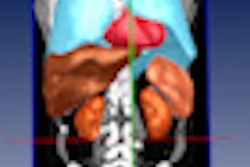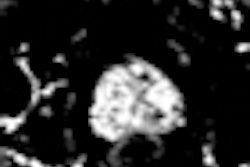Dear Advanced Visualization Insider,
The relatively high rate of false-positive marks is often cited as a drawback in the use of mammography computer-aided detection (CAD) software. A German research team recently found, however, that specificity might be enhanced by adjusting CAD settings to account for fibroglandular tissue volume.
In a recent study involving more than 200 patients, researchers from Charité-Universitätsmedizin in Berlin found that fibroglandular tissue volume affected CAD specificity, while breast percentage density and breast volume did not. To learn more, click here.
Advanced visualization enthusiasts will no doubt be interested in the international congress and exhibition of the Computer Assisted Radiology and Surgery (CARS), which will be held 27-30 June in Italy for the first time. Personalized medicine is one of the key focuses for this year's meeting in Pisa, according to a preview article by contributing writer Frances Rylands-Monk.
While CT colonography (CTC) has been shown to be a sensitive technique that's well-accepted by patients for colorectal cancer, a Dutch and U.K. team believe the technique's cost-effectiveness for screening will depend on its efficiency in detecting extracolonic findings and how population-based screening plays out. Find out why in this article by staff writer Eric Barnes.
In other news we're featuring this month in your Advanced Visualization Digital Community, Austrian researchers are utilizing 3D models and special mathematical methods to improve the design and integration of shoulder implants. You can get the details here.
Be sure to check back regularly for continuing coverage of advanced visualization news over the coming weeks.



















